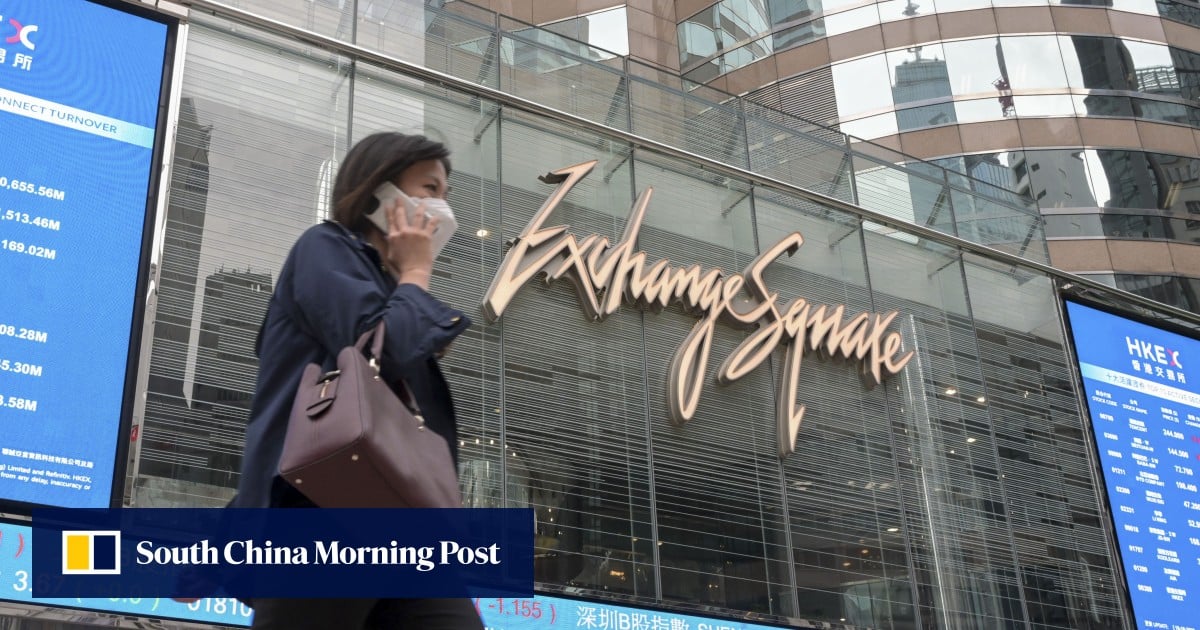The Hang Seng Index fell 0.4 per cent to 16,244.58 on Friday, piling up the losses this week to 1.8 per cent. The Tech Index lost 0.9 per cent while the Shanghai Composite Index weakened 0.2 per cent to the lowest level since May 2020.
Alibaba Group dropped 0.4 per cent to HK$70.55 and peer JD.com tumbled 1.6 per cent to HK$98.30, while Meituan weakened 0.5 per cent to HK$75.25. EV maker BYD slipped 0.7 per cent to HK$211, HSBC tumbled 2.4 per cent to HK$61.50 and Bank of China (Hong Kong) slid 3.2 per cent to HK$19.22.
The Hang Seng Index has retreated 4.8 per cent since the new year, marking the worst start to a year since a 10 per cent drop in the first two weeks of trading in 2016.
Stocks gained in earlier trading on speculation the People’s Bank of China will cut the one-year medium-term lending facility to 2.4 per cent from 2.5 per cent from as early as Monday, according to consensus among analysts tracked by Bloomberg. The central bank is also expected to cut banks’ reserve ratio to inject more liquidity in the system, the forecasts showed.
The central bank last reduced the one-year rate in a surprise move in August last year as growth momentum eased, after delivering a cut in June 2023 and August 2022.
“The easing measures are in the right direction, but I don’t think they can substantially overturn the market direction,” Pierre Lau, China equity strategist at Citigroup, said at a briefing on Thursday. Corporate earnings are still under pressure amid a weak economic environment and confidence remains poor, he added.
Consumer prices in China fell 0.3 per cent in December from a year earlier, the third month of decline, while producer prices slumped 2.7 per cent year after a 3 per cent drop in November, the statistics bureau in Beijing said on Friday. Trade reports for December were mixed, with exports rising 2.3 per cent and imports gaining 0.2 per cent in December.
Elsewhere, Wellcell Holdings surged 164 per cent to HK$2.64 per share on its first day of trading in Hong Kong.
Major Asian markets were mixed. The Nikkei 225 in Japan jumped 1.5 per cent to a 34-year high. The Kospi in South Korea dropped 0.6 per cent and the S&P/ASX 200 in Australia weakened 0.1 per cent.


